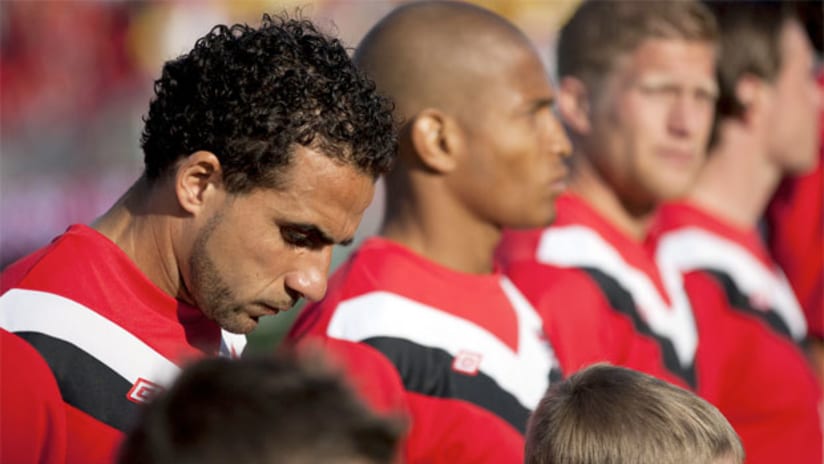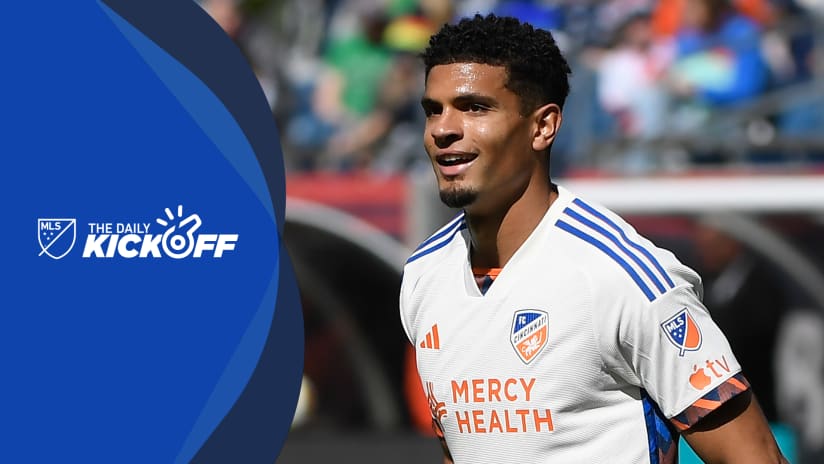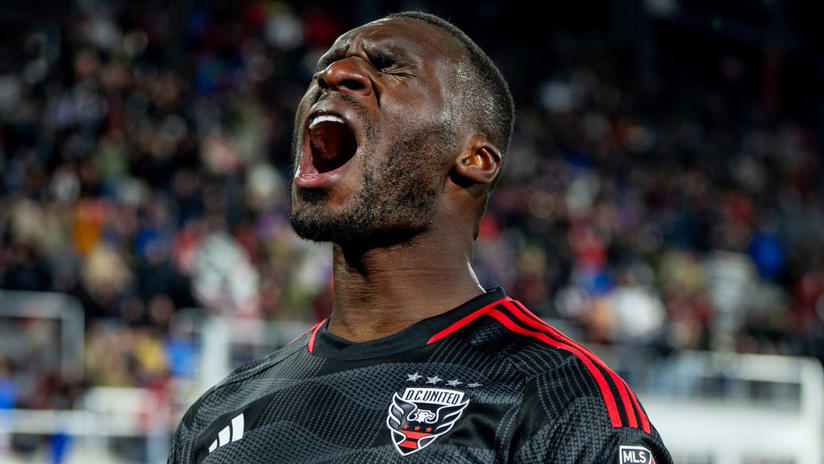It’s an election that will affect millions of Canadians and, fittingly enough, it takes place in Ottawa – Canada's capital and center of the national government.
Unlike the other political goings-on in Ottawa, though, Saturday's election deals with how the game of soccer, Canada's most participated-in sport, is governed – the presidency of the Canadian Soccer Association will be on the line. And whether they’re aware of it or not, the millions of soccer players throughout the country contributeb about $7 million through fees to the CSA in 2011, so the election affects them directly.
It’s shaped up to be an interesting race involving three candidates: current CSA president Dominic Maestracci and two current vice presidents, Victor Montagliani and Rob Newman.
To a man, all the candidates have admitted they must reduce the organization’s dependence on the aforementioned fees and get more money from corporate Canada – something that started to happen in recent years, just not at the desired level.
Current president Maestracci has been criticized that under his watch, Canada has been falling further behind other countries in player development. At the heart of the criticism is the fact that Maestracci has allowed the CSA to operate for the last few years without a technical director – someone who is crucial in formulating a player development program.
The CSA has been without a technical director since current men’s national team coach Stephen Hart was promoted to his current position from the TD position in 2008.
However, Maestracci holds a crucial advantage in that he comes from Quebec, whose provincial organization is one of the largest voting blocks in the election. Montagliani and Newman are from British Columbia and Saskatchewan, respectively.
Many former players are in Montagliani’s camp as they see him as someone who understands the game and what it will take to get player development on the right track – which many hope will ultimately result in the Canadian men’s team qualifying for its first World Cup since 1986.
Meanwhile, Canada’s four professional soccer clubs (the three MLS clubs along with FC Edmonton of the NASL) took the step of throwing their support behind a candidate and are supporting Newman as they see him as a reformer.
“We’re confident that Rob is the individual best suited to complete the required reforms, and deliver on a viable national vision for the sport,” said Tom Anselmi, executive vice president of Maple Leaf Sports and Entertainment – which owns Toronto FC – in a press release on behalf of the four clubs.
Newman has admitted that he’s more of a “business guy” than a “soccer guy,” so his strength may lie in rallying corporate support than in the technical side of things.
But rallying that support would be difficult, as potential backers are ultimately enticed by results – something Canadian soccer teams have struggled to deliver recently.
The Canadian women's national team is easily more successful than its male equivalent, but has complained about being treated as second-class by the CSA. The team has shown it has the ability to go toe-to-toe with the best teams in the world, but is still lacking both Olympic and World Cup medals.
The women even openly revolted against the organization, threatening a boycott prior to the 2011 Women’s World Cup over a disagreement between then-coach Carolina Morace and the CSA board.
The men, on the other hand, are in the midst of qualifying for the 2014 World Cup – a task for which they are considered underdogs.
In order for the men to get back to the World Cup and for the women to be regular contenders at the World Cup, Canada has to succeed in developing players. This weekend, those charged with growing the game across the country will choose who they think will help best accomplish that.
Players, coaches and, perhaps most importantly, potential sponsors will all be watching.














